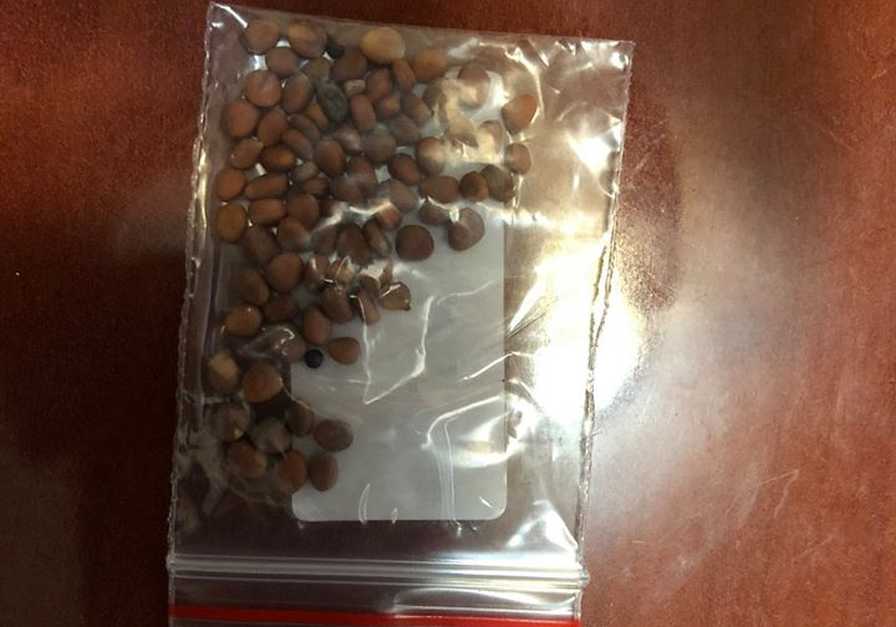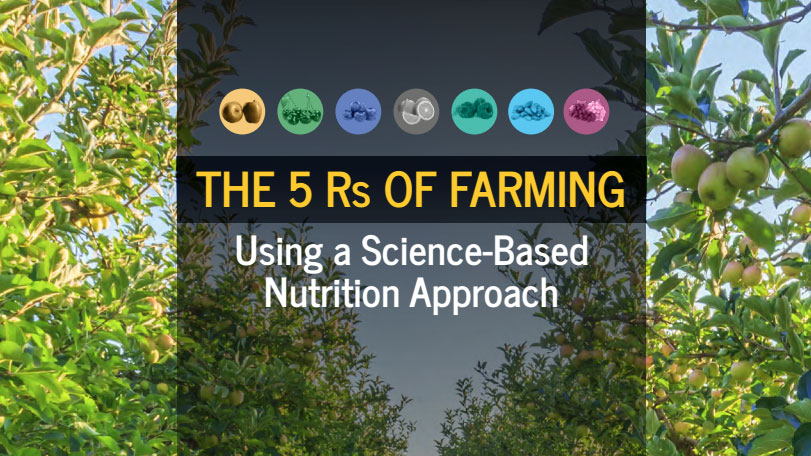What’s up With the Mystery Seeds from China?

Recent reports indicate people around the country have been receiving random packets of seeds like this in the mail. USDA, along with state ag departments, are actively investigating.
Photo courtesy of USDA
Have you received a suspicious-looking mail package filled with seeds lately? If so, you wouldn’t be alone. USDA is aware that people at random across the country have been getting unsolicited parcels of seed that appear to be coming from China. The government agency’s Animal and Plant Health Inspection Service (APHIS) is working with the Department of Homeland Security’s Customs and Border Protection, other federal agencies, as well as state departments of agriculture to investigate the situation.
USDA is urging anyone who receives an unsolicited packets of seeds to immediately contact their state plant regulatory officials or APHIS state plant health director. Instructions are to hold onto the seeds and packaging, including the mailing label, until someone from your state department of agriculture or APHIS contacts you with further instructions. Most importantly, do not open the packets or plant the seeds. Seeds of unknown origin may constitute agricultural smuggling, could be invasive, or introduce pathogens and toxins. Add to that a risk of foodborne illness.
According to the Florida Department of Agriculture, at least 1,200 reports have been logged so far. Ag officials in at least 30 states are in active alert mode about this situation.
As of this posting, USDA officials say they don’t have any evidence indicating this is something other than a “brushing scam” where people receive unsolicited items from a seller who then posts false customer reviews to boost sales. There are plenty of other conspiracy theories starting to germinate about the seeds.
USDA has been and is currently collecting seed packages from recipients and will test the contents and determine if they contain anything that could be of concern to U.S. agriculture or the environment.
According to Deputy Administrator Osama El-Lissy of APHIS, early test results have actually identified several of the mystery seeds. They include mustard, cabbage, and morning glory as well as herbs like lavender, mint, rosemary, and sage. He said hibiscus and roses were also found among the samples.
Stay tuned as this story continues to develop.









